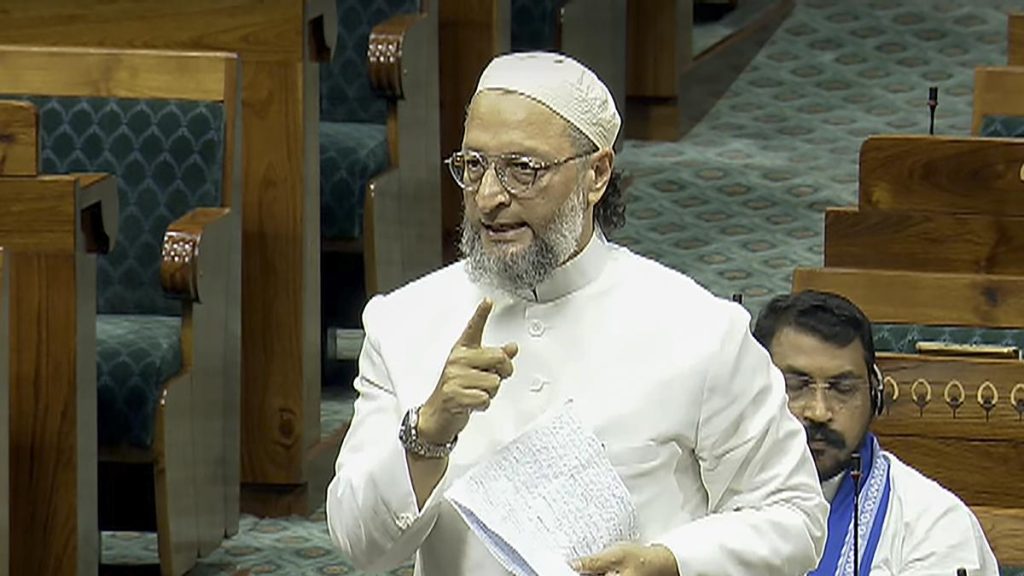Now Reading: Why Failure Matters in Architectural Education
-
01
Why Failure Matters in Architectural Education
Why Failure Matters in Architectural Education

Rapid Summary:
- Failure in architectural education is viewed as a learning prospect rather than a setback.
- Students develop creativity,problem-solving,and adaptability through trial and error,supported by reflection on their mistakes.
- the story of Danish architect Jørn Utzon and the Sydney Opera House demonstrates how overcoming setbacks can lead to iconic achievements in design.
- Architectural studios serve as safe spaces for students to experiment without fear of real-world consequences while receiving constructive feedback from faculty.
- Negative cultural attitudes towards failure can limit creativity; educators should normalize it as part of the process by sharing examples from successful architects.
- Real-world projects with complexities such as tight deadlines foster skills to handle professional challenges effectively when included in curricula.
- Digital tools aid students in refining ideas in low-risk environments but must be balanced with hands-on experience using physical materials.
- Institutions should integrate reflection on failure into their programs through workshops, critiques, and open discussions about setbacks to nurture resilience and growth.
Indian Opinion Analysis:
Integrating a reflective approach toward failure within architectural education proves notable not only for improving technical competency but also for fostering creative resilience among students. By normalizing failure as part of the learning trajectory-rather than stigmatizing it-institutions enable young architects to tackle the complex challenges posed by modern architectural projects confidently.
The emphasis on bridging academia with real-world scenarios is especially impactful for preparing future professionals for industry demands like resource constraints or engineering hurdles akin to those seen during iconic ventures like the Sydney Opera House’s construction journey.
Implementing advanced digital tools together with customary hands-on methods ensures learners gain an all-rounded understanding of material behaviour while adapting contemporary technological innovations-a synergy vital given India’s growing emphasis on infrastructure development fueled by lasting design aspirations.
Ultimately, embedding reflections around setbacks into academic routines ensures educational progression remains aligned deeply alongside broader professional readiness frameworks indispensable within evolving Indian contexts requiring adaptable thinkers driven via experimental reasoning paths tying aesthetics across realism encounters equitably beyond classroom confines always analytically balancing exploration disciplines holistically responsive against emergent profession needs fast-evolving continually trackable globally locally alike structurally catalytic truth-driven pathways accessibly!
























